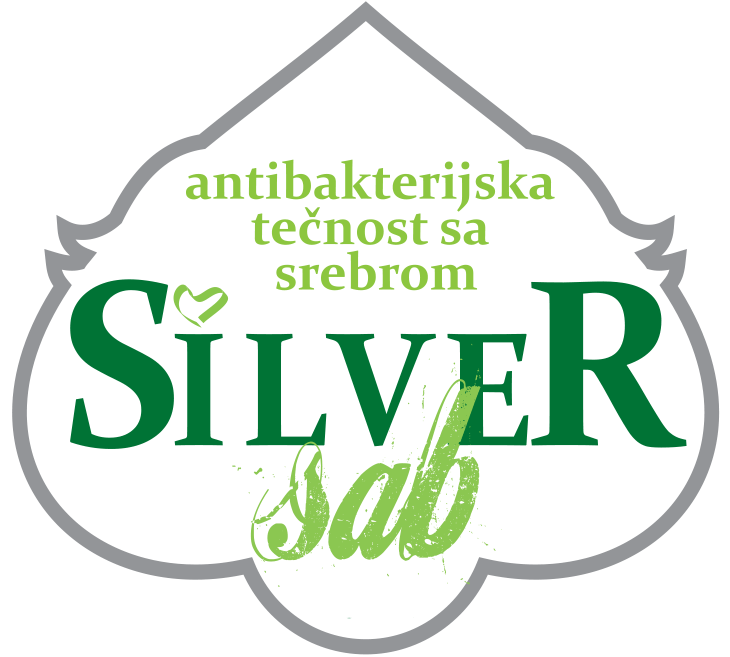- +381 13 366 163
- info@silver-sab.rs
Nanotechnology is the use of particles between 1 and 100 nanometers in various processes in the production of new materials and products of wide application. The analysis and the possibility of using these particles have opened a new chapter and enabled a different approach to production in many industries, as well as a new methodology in scientific research. Increasing the quality, efficiency and reactivity of known elements and materials used as nanoparticles have found wide application in science and production.
Nanoparticles provide a larger active surface in the same amount compared to standard particles, which increases the reactivity and efficiency of certain chemical elements, in our case, silver and zeolite.
Nanotechnology has been growing in recent years in the fields of medicine, electronics, food industry, fuel, batteries, solar cells and cleaning and disinfection. Nanoparticles have shown remarkable efficiency in removing harmful particles from the air, water and from various surfaces. Increased activity of natural elements makes it possible to avoid adding synthetic compounds that would improve their effect. In this way it is possible, especially in the area of disinfection, to avoid substances and compounds that irritate the skin, eyes or respiratory organs. A great advantage is the shortened working time with far better effect, which is found to be effective in fighting bacteria, viruses and fungi.

